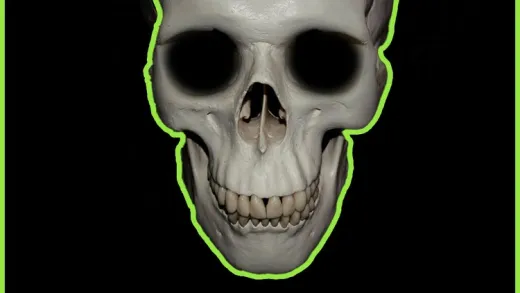Brief Summary
This course dives into analytical psychology by Carl Jung, focusing on concepts like the collective unconscious, archetypes, and the interplay between the persona and shadow. Whether you’re just starting or want to deepen your knowledge, Dr. Conor makes it all super relatable and easy to understand.
Key Points
-
Analytical psychology explores deeper layers of the psyche.
-
Collective unconscious contains universal symbols and archetypes.
-
Archetypes like the hero and shadow influence human behavior.
-
The persona is the 'mask' we show to the world, while the shadow includes hidden aspects of ourselves.
-
The course is suitable for beginners and advanced learners alike.
Learning Outcomes
-
Understand the key concepts of analytical psychology.
-
Identify common problems addressed by Jungian therapy.
-
Explore how archetypes and the unconscious shape experiences.
-
Learn about the practical applications of analytical psychology.
-
Gain confidence in discussing complex psychological themes.
About This Course
Discovering The Mind And How It Develops
Analytical psychology is a psychological approach developed by Swiss psychiatrist Carl Gustav Jung. Jungian psychology, as it is also known, emphasizes the exploration of the deeper layers of the psyche and the integration of unconscious elements into conscious awareness. Analytical psychology is known for its focus on symbols, archetypes, and the individuation process—the journey towards realizing one's true and unique self.
Key concepts and features of analytical psychology include:
Collective Unconscious:
Jung proposed the existence of a collective unconscious, a layer of the unconscious mind shared by all human beings. It contains universal symbols, themes, and archetypes that shape human experiences and behaviors.
Archetypes:
Archetypes are universal, recurring symbols or motifs that emerge from the collective unconscious. Examples include the hero, the mother, the shadow, and the anima/animus. Archetypes influence thoughts, feelings, and behaviors, contributing to the understanding of myths, stories, and dreams.
Persona and Shadow:
The persona represents the social mask or role that an individual presents to the outside world. The shadow, on the other hand, consists of repressed or hidden aspects of the self, both positive and negative. Jungian therapy often involves exploring and integrating the shadow for personal growth.
Other key features are discussed within this course too.
This course educates all learners from the absolute beginner to the more advanced learner, to the benefits and criticisms of Analytical Psychology. Within this course, Dr. Conor Hogan simplifies the presumed difficulties of Analytical Psychology into practical examples so that the learner feels comforted and confident in their learning of the topic.
The History and Theory of Analytical Psychology
The Common Problems People Seek Cured By Analytical Psychology
The Science of Analytical Psychology




Anna J.
The title of this course "How to become well with analitycal psychology " is aptly descriptive. The content is perfectly organised and explained really well. Additional points for the notes at the end of the section.